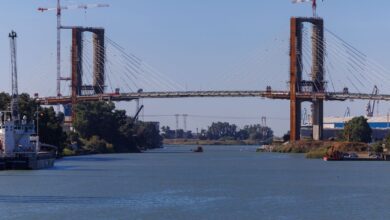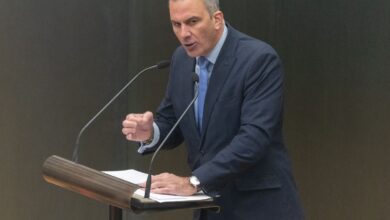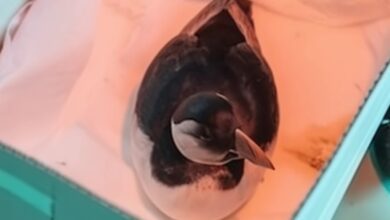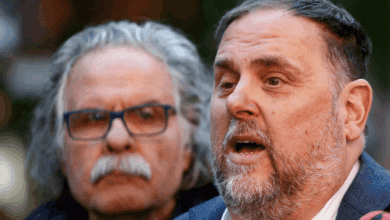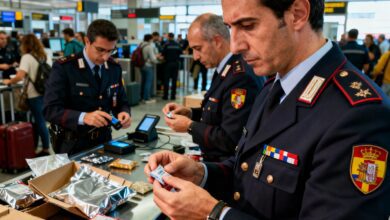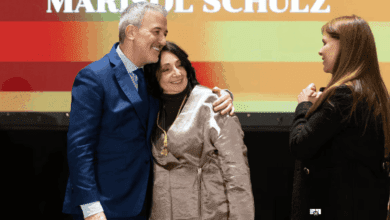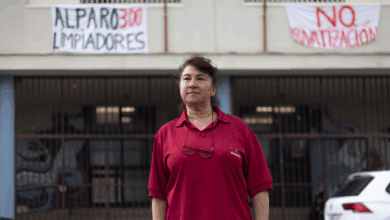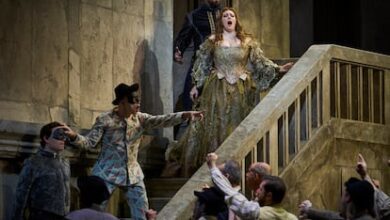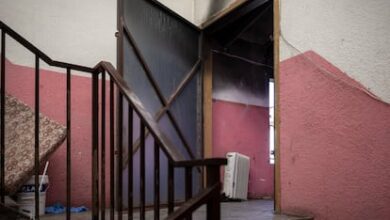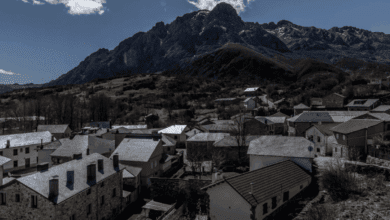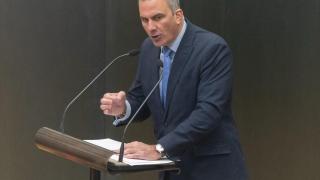
In the recently published memoirs of former Spanish monarch Juan Carlos I, readers discover many personal and political revelations, yet questions about his multimillion fortune remain unanswered. Despite his promises to shed light on his life, the ex-king only briefly touches upon the origins and movements of his wealth, which continues to fuel public suspicion and debate.
Money that shuns publicity
The most high-profile episodes are linked to mysterious transfers and gifts Juan Carlos I received from Middle Eastern monarchs. After $100 million was transferred to a Swiss bank account in 2008 from the Saudi Arabian Ministry of Finance, scrutiny of his finances escalated. The funds were registered as a gift, then later transferred to his then-companion, Corinna Larsen. This move was prompted by the threat of the account being frozen following the Botswana hunting scandal.
Bank documents indicated that the money was deposited into the Lucum foundation account, where Juan Carlos was the primary beneficiary and his son, Felipe VI, was the secondary beneficiary. The ex-king himself calls this a mistake he failed to prevent, explaining that he wanted to secure his family’s finances and his own independence after stepping down from the throne.
Funds, offshore accounts, and private flights
Other organizations linked to the former monarch have also drawn public attention. For example, the Zagatka Foundation, established in Liechtenstein, was used for 11 years to pay for Juan Carlos’s private flights, amounting to around 7 million euros. After reports surfaced about his involvement with the foundation, the royal family stopped allocating budget funds to the ex-king, and Felipe VI publicly stated he was unaware of his status as a beneficiary.
Another unresolved issue involves 15 million euros that have been held since 1995 in offshore accounts in the British Virgin Islands and Jersey. These funds were managed by a close friend of Juan Carlos, whom he introduced to Arab monarchs as his banker. Later, a significant portion of the money was transferred to a British charity, but the origin of the funds was never clarified.
Investigations and unanswered questions
Although Spanish prosecutors and Swiss investigators tried to determine whether these transfers were hidden commissions for major infrastructure projects, no evidence was found. Nonetheless, the very existence of numerous offshore accounts, transfers, and gifts from foreign leaders continues to cast a shadow over the reputation of the former head of state.
The book also omits other large sums that Juan Carlos received from Middle Eastern monarchs, as well as cash he transported abroad. Some of these funds were handed over to his trusted associates or used for personal purposes, but the details remain unclear.
Now living in Abu Dhabi, the former monarch openly expresses disappointment with how his former assets are being managed. He still considers himself their rightful owner, despite legal disputes and claims that some gifts are gone for good.
In the end, despite hundreds of pages of memoirs, the key questions about the origin and fate of Juan Carlos I’s fortune remain unanswered. His financial past continues to intrigue Spaniards and fuels ongoing debate about the future of the monarchy.
